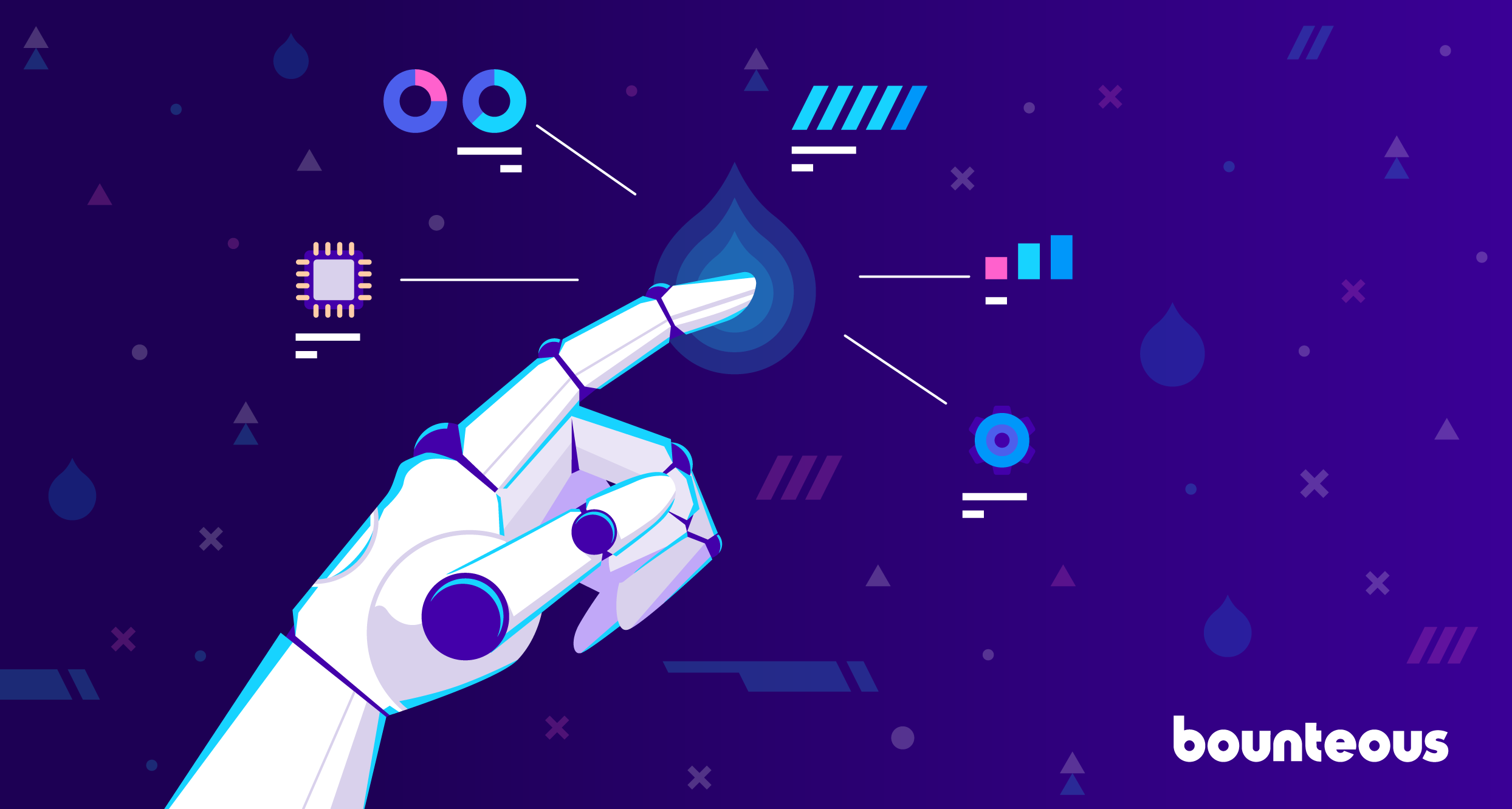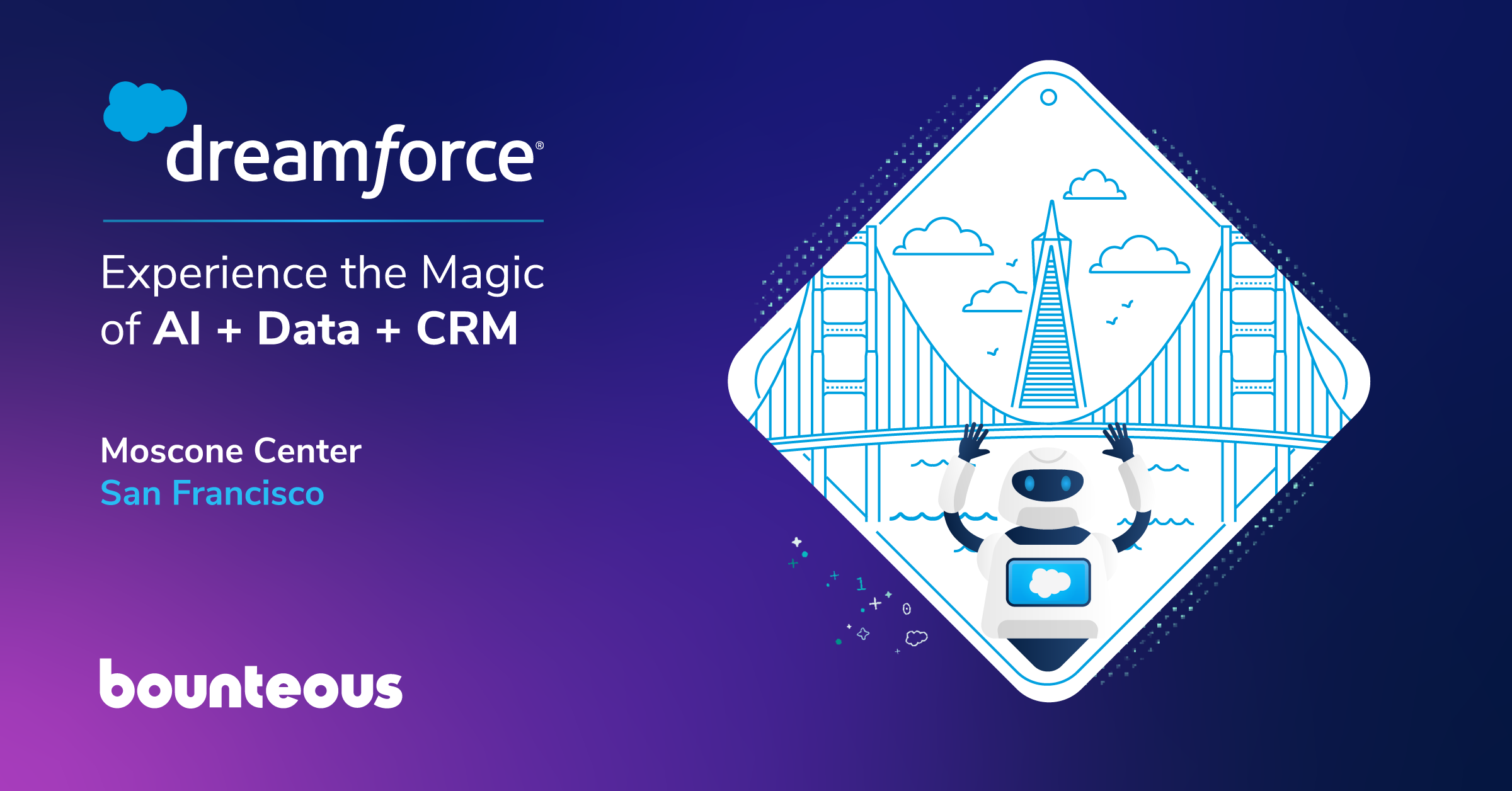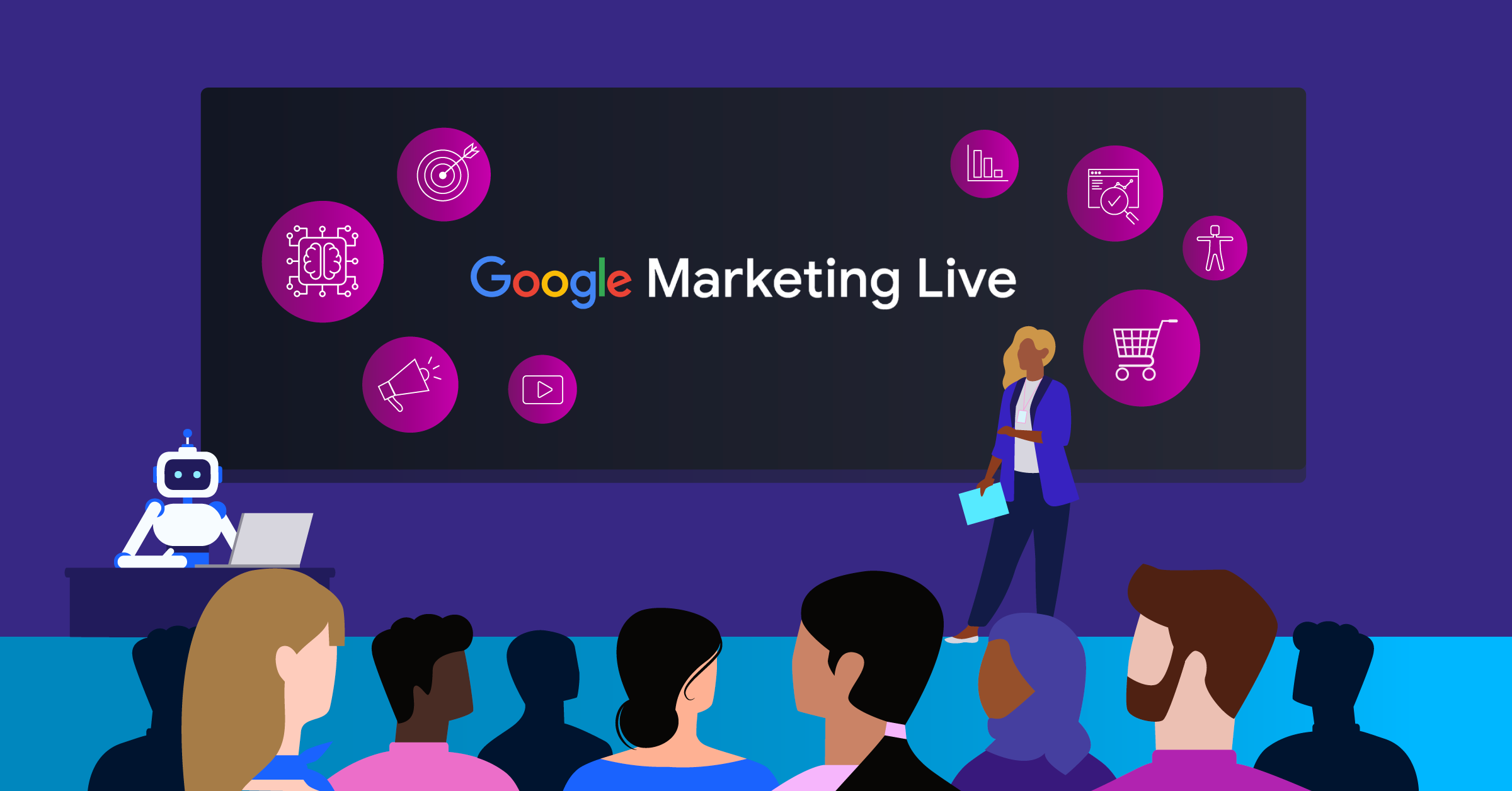My 5 Biggest Takeaways From Hero Conf 2013
This past week I was in Austin, TX for HeroConf 2013, the PPC Hero conference, and as I may have tweeted out during it (See Exhibit A below), it was a PPC haven for all of us PPC nerds out there.
There was definitely a lot of information to take in, absorb and sort through during and after the conference. Trust me when I say that there was a lot of great ideas presented by some awesome speakers. If you’re new in PPC, or have been in it for a few years, a conference is a great way to brush up on skills, learn about new ones, and network with a bunch of people that like the same things that you do. There were likely a lot of takeaways for each person who attended. For me, these are my 5 top takeaways. If you attended, feel free to add in the comments!
Automation
Automation, and the various tools (both hacked and bought) to achieve it, dominated a lot of the panels and some keynote speeches. At first, I thought it was a way to sell the products that vendors were pushing. And in some ways, yes, that’s exactly what happened. Duh. BUT, what was more important was the fact that automation takes on all forms and you can apply it in different ways to make your job as a PPC manager more efficient. We’ve all fallen victim to the blackhole that can be reporting – pretty sure there are parts of my soul still lingering in that dark, dark world. Automation using AdWords Scripts, Excel macros and the AdWords API are there to actually make your job easier to manage. They don’t make you look lazy – in fact they make you look pretty freakin’ awesome. And as for the actual tools that were being highlighted, my sense was that they are still there to make your job more manageable, and it’s about figuring out what works for you and your clients. There is no one-size-fits-all for automation tools.
Diversify your ad networks
A lot of the speakers emphasized this point – don’t just pick one ad network and never branch out to the others that are available. Sure, Google AdWords still dominates, but don’t discount the value that could be added to your client’s paid search efforts by looking at other networks for search and display. Explore Bing Ads, Adroll, and others for some added value. Start with your best performing campaigns from AdWords and adjust them to the new network. Set up a test and go for it. You might find that it could cost less and convert pretty well, even if the traffic is less than your AdWords campaigns.
Context matters
Whether we are talking about the buzzword “Big Data” or the micro-events that can influence a conversion, context matters. It’s not just about the click and the landing page (woah), but about what is going in and around the user who clicks that can affect the likelihood of a conversion. I think it was John Gagnon who put it best. Micro-conversions drive commitment to a larger conversion later. You can’t just start and stop at one simple goal, but see how the smaller goals influence the likelihood of achieving the next level. As for Big Data, Brian Eisenberg and Kevin Lee summed it up in nicely in their presentations. Big data is unstructured and real-time. It’s constantly in flux and you need to have the tools to understand, move and act with it. Don’t fool yourself into thinking that you can sort and figure out everything with an Excel document. Make your life easier and use tools like Narrative Science, Bloom Reach, DataPop and more. Look more closely at specific geographic or location-specific events that can affect how your users interacts with a page or changes the volume of traffic to a keyword in an area.
Re-examine account value
Keywords work together to the success of an AdWords campaign; their organization and relation to each other and their ads and landing pages are important in determining things like Quality Score. But keywords should be treated differently on an individual level – from landing page, to geo-targeting, to time of day and more. And don’t think of the keyword–>ad–>landing page cycle as a purely closed loop. Again, go back to the context, a’la the search query and make sure your landing page is speaking to exactly what that person is looking for. As PPC managers we understand the difference between Brand and non-Brand conversions, but do our clients? Think about how you should be presenting the data to clients in a way that is comprehensible and actionable. All this probably sounds like something on repeat, but for me, I like hearing ideas in different ways to remind me that I can always be doing more and doing better.
Look to the future
One of the panels I attended discussed the Past, Present and Future of PPC (a topic voted on by the #ppcchat community!) which gave me a good dose of history and what to look forward to regarding the changes already happening and what we might expect in the future. Unsurprisingly there was a lot of talk about mobile and how it already is and will play into how people interact with a website and ultimately, a brand as a whole. Throughout the conference I had fun catching tid bits of more future technologies, like “cost-per-conversion” or “cost-per-answer” (think: Siri). The whole idea of PPC even with a past, present and future really excited me. It made me glad to be where I am and doing what I’m doing – nothing is more exciting knowing that as time rolls on, you’ll never be doing the same thing day in and day out.
Bonus takeaway: The Simpsons will always be relevant. I’m pretty sure about 60% of the presentations included some sort of Simpsons reference, which tells me I need to start watching the Simpsons again.
So there you have it! Hero Conf 2013 was an awesome refresher of paid search knowledge and a great sound stage for new ideas and concepts to be brought to the table. Anyone reading attend? I’d love to hear your #1 takeaway.



